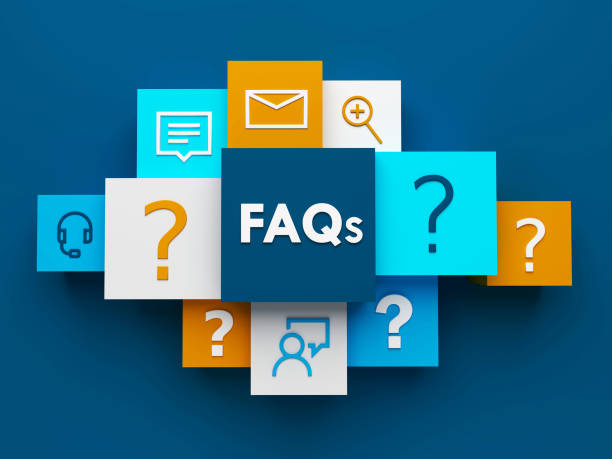MENTAL HEALTH FAQs
Mental health refers to a person’s overall emotional, psychological, and social well-being. Mental health affects how people think, feel, and act. Good mental health helps people make healthy choices, reach personal goals, develop healthy relationships, and cope with stress. If you are living with HIV, it is important to take care of both your physical health and your mental health.
Anyone can have mental health problems. According to the Taskforce report on mental health in Kenya, at least 2 in 10 of outpatients and 4 in 10 of inpatients in different health facilities had a mental illness, and an estimated prevalence of psychosis stated as 1% of the general population. People living with HIV are at high risk of some mental health conditions because of the stress associated with living with HIV. It is important to remember that mental health conditions are treatable and that people who have mental health problems can recover.
Major life changes, such as the death of a loved one or the loss of a job or negative life experiences, such as abuse or trauma can increase the risk of mental health in anyone. The stress of having a serious medical illness or condition, like HIV, may also negatively affect a person’s mental health.
Some situations that can contribute to mental health problems in People living with HIV can include:
• Disclosure and lack of self-acceptance
• Loss of social support and isolation
• Stigma and discrimination associated with HIV
• Difficulty in getting mental health services
In People living with HIV, HIV infection and related opportunistic infections can affect the brain and the rest of the nervous system. This may lead to changes in how a person thinks and behaves.
In addition, some medicines used to treat HIV may have side effects that affect a person’s mental health.
1. Little interest or pleasure in doing things
2. Feeling sad or down
3. Excessive fears or worries, or feelings of guilt
4. Confused thinking or reduced ability to concentrate
5. Extreme mood changes
6. Withdrawal from friends and activities
7. Fatigue, low energy or problems sleeping
8. Problems with alcohol or drug use
9. Excessive anger, hostility or violence
10. Suicidal thinking
People living with HIV can talk to their health care provider about how they are feeling. They can also tell their health care providers if they are having any problems with drugs or alcohol. Health care providers will consider whether any HIV medicines may be affecting the person’s mental health. They can also help PLHIV find a mental health care provider, such as a psychiatrist or a therapist.
What are some ways that People living with HIV can improve their mental health:
• Join a support group.
• Try meditation, yoga or deep breathing to relax.
• Get enough sleep, eat healthy meals and stay physically active.



